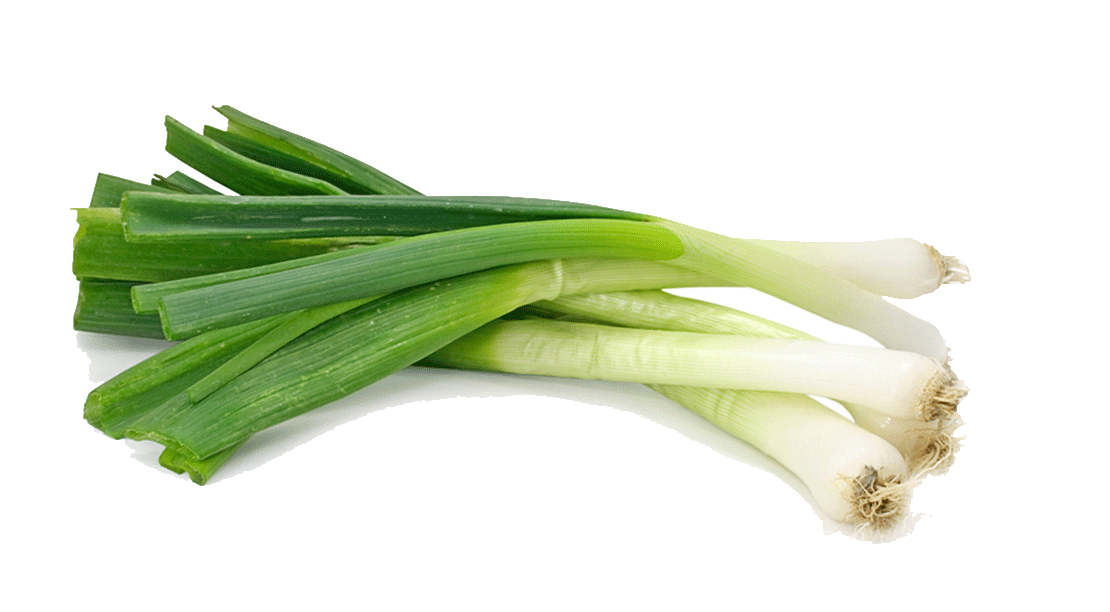
Leeks are a member of the onion family, and have been cultivated since the time of the Ancient Egyptians. Asian and European cultures have been growing and cooking leeks for more than 3,000 years. Leeks have a sweet flavor, and can be eaten raw or cooked.
A cup of leeks is low in sodium and has almost no saturated fat or cholesterol. Leeks are a good source of dietary fiber, vitamin B6, iron and magnesium, and a very good source of folate as well as vitamins A, C, and K.
- Contain many flavonoid antioxidants (including diallyl disulfide, diallyl trisulfide, allyl propyl disulfide).
- Have antioxidants, antimicrobial properties, and liver-protecting properties.
- Reduce level of liver enzymes.
- Reduce fatty liver (liver triglyceride accumulation) caused by high-fat diets.
- Improve lipid profile by decreasing total cholesterol and triglyceride levels while raising good cholesterol levels.
- Improve high blood pressure by increasing production of nitric oxide, a naturally occurring gas that helps dilate and relax blood vessels.
- Decrease production of asymmetric dimenthylarginine (a substance that blocks production of nitric oxide).
